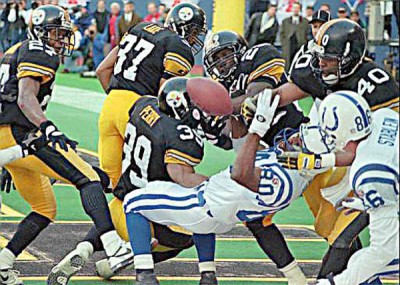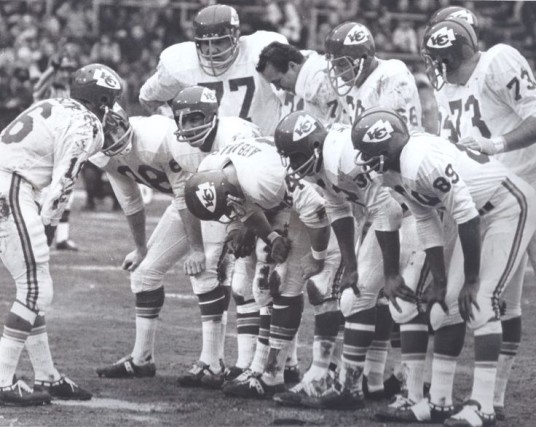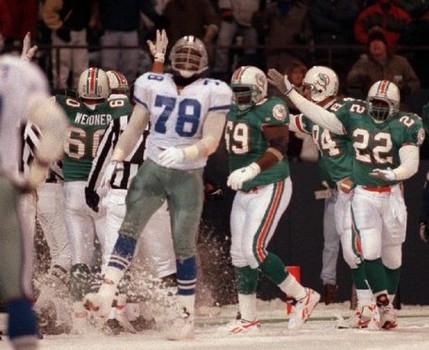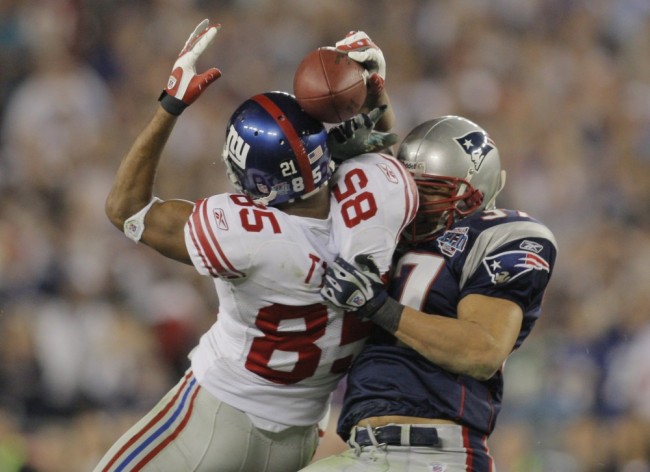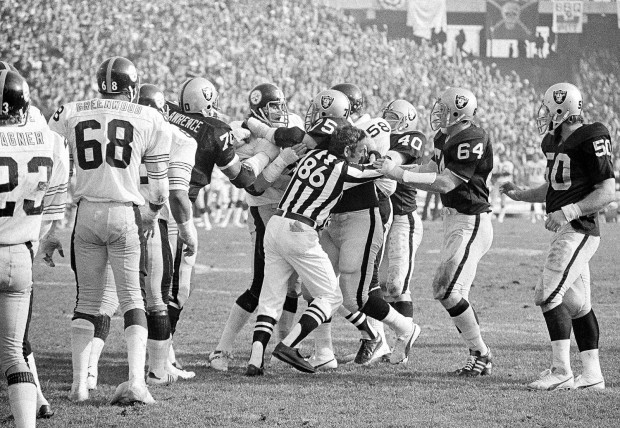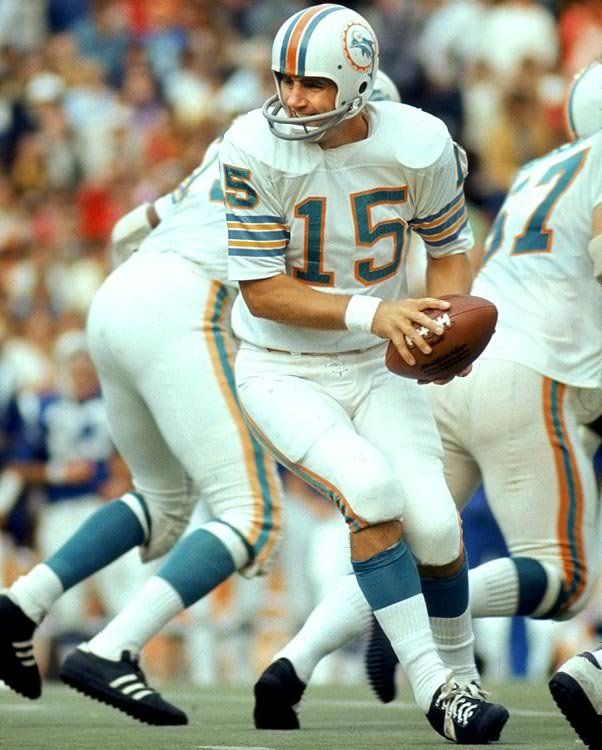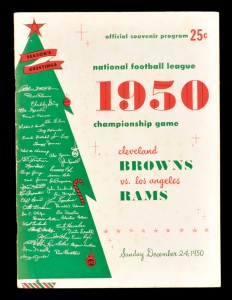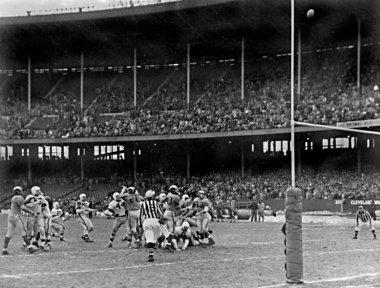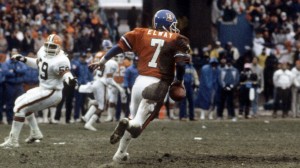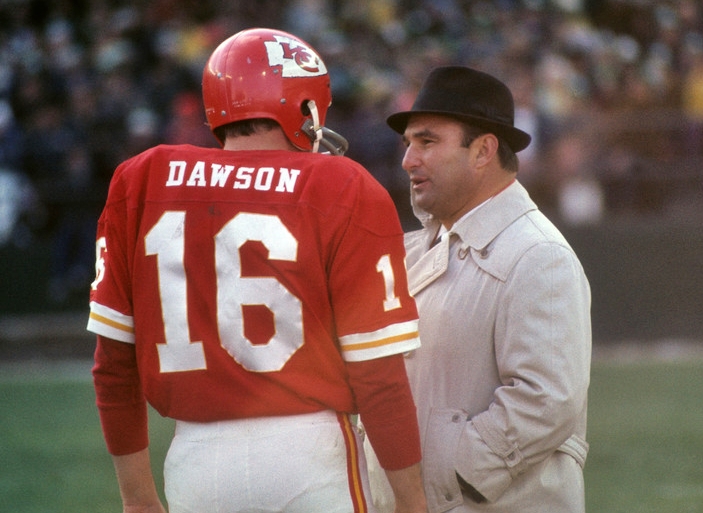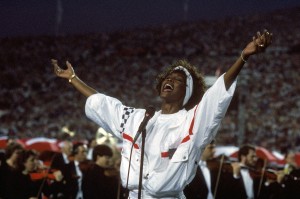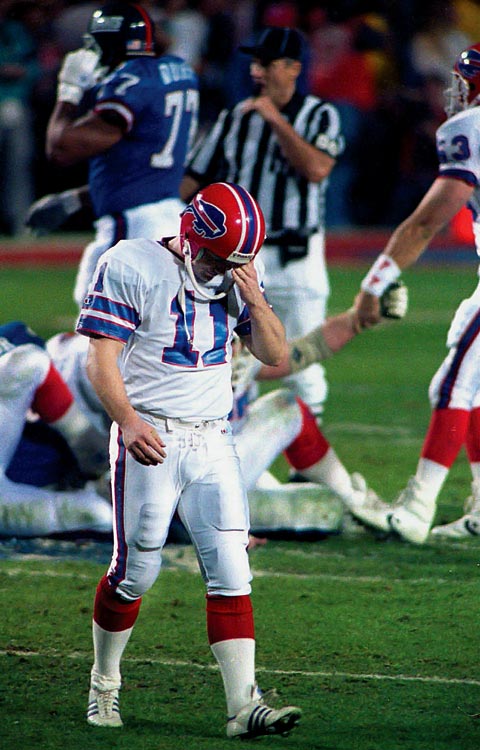On this week’s NFL schedule, two AFC teams fighting to qualify for the playoffs, the Pittsburgh Steelers and Indianapolis Colts, are slated to meet. This week’s Throwback Thursday post will highlight a playoff game played between them, the 1995 AFC Championship game. It was played on January 14, 1996 in Pittsburgh’s old Three Rivers Stadium. The game was expected to be somewhat of a mismatch, with the Steelers, considered a strong Super Bowl contender under coach Bill Cowher, a heavy favorite over the Colts, who snuck into the playoffs as a wild card with an underwhelming 9-7 record. Ted Marchibroda, who had some success as the franchise’s head coach when they were still located in Baltimore in the 1970s, had returned to lead the Colts after a successful stint as offensive coordinator in Buffalo, helping the Bills reach multiple Super Bowls. Neither team had what would be considered a “franchise” quarterback, with Neil O’Donnell manning the position for the Steelers, while the Colts rallied behind veteran warrior Jim Harbaugh. Harbaugh had earned the nickname “Captain Comeback” for leading the Colts to a few surprising come-from-behind victories in the regular season. Their wild card status meant the Colts would have to take the hard road of playing on the road in all playoff games for as long as they could stay alive, and they managed to pull off a pair of incredible wins, first defeating the defending AFC champion San Diego Chargers, then shocking the top seeded Kansas City Chiefs, 10-7, in as hard of a place to win as there is in the NFL, Arrowhead Stadium.
Meanwhile, the Steelers rolled over Buffalo 40-21 in the divisional round to advance directly into the title contest. Kansas City’s loss gave Pittsburgh the additional advantage of playing the game at home. Pittsburgh’s versatile weapon, Kordell Stewart, a former college QB who played multiple positions and was nicknamed Slash (because he was technically a halfback/quarterback/receiver) made some big plays to convert third downs and keep a drive alive which saw his club score on a 5 yard TD throw to Stewart from O’Donnell. Otherwise the teams traded field goals as the Steelers took a 13-9 lead. Early in the final quarter, Harbaugh connected with Floyd Turner on a 47 yard scoring throw and once again, it looked like Captain Comeback was leading his team to another surprising win. The Steelers weren’t going down easily, however, and O’Donnell led them on a 67 yard drive, capped by a one yard touchdown run by Bam Morris, to put Pittsburgh back on top 20-16 with a minute and a half left. Harbaugh would now have one more chance for a miracle comeback, and he proceeded to put together an impressive drive that reached the Pittsburgh 29 yard line with 5 seconds left. Needing a touchdown to win, Harbaugh launched a high, lofting “Hail Mary” pass into the end zone into a crowd of players from both clubs. The ball eventually landed in the chest of Colt receiver Aaron Bailey, but he couldn’t hold on and the Steelers secured the win by the narrowest of margins.
The ensuing Super Bowl proved to be too big of a stage for O’Donnell, who threw a pair of interceptions to the game’s MVP, Dallas cornerback Larry Brown, helping Dallas win their third Super Bowl title of the decade.
Colts’ last second Hail Mary falls short
